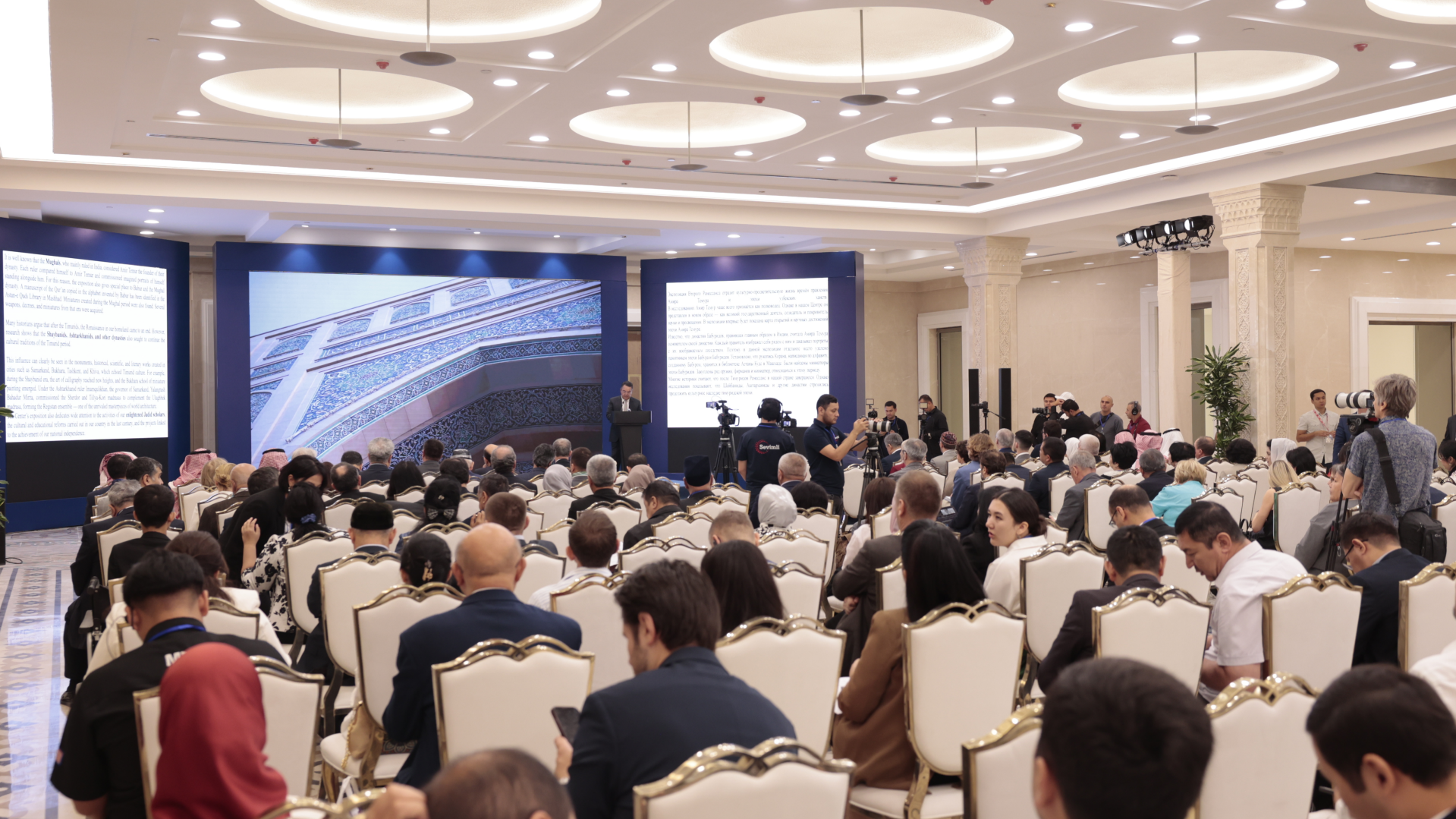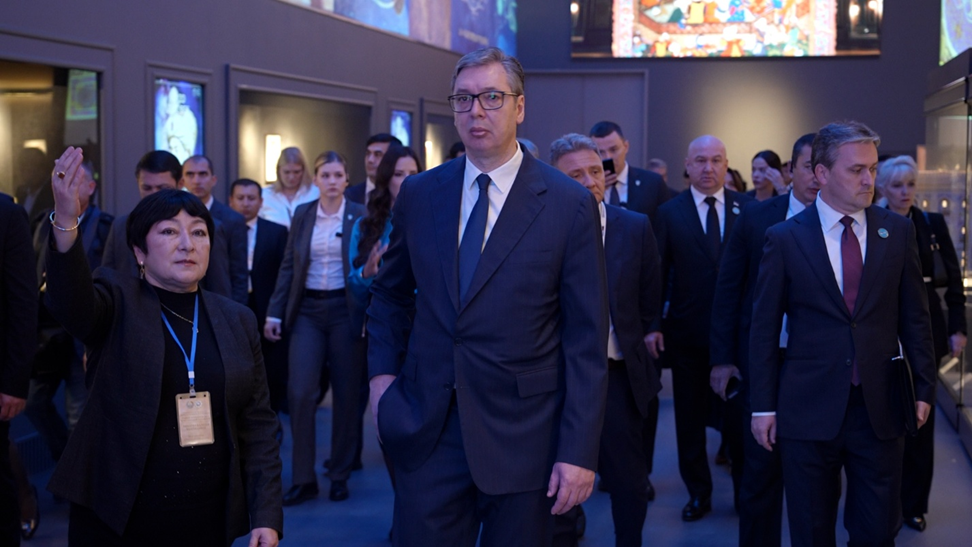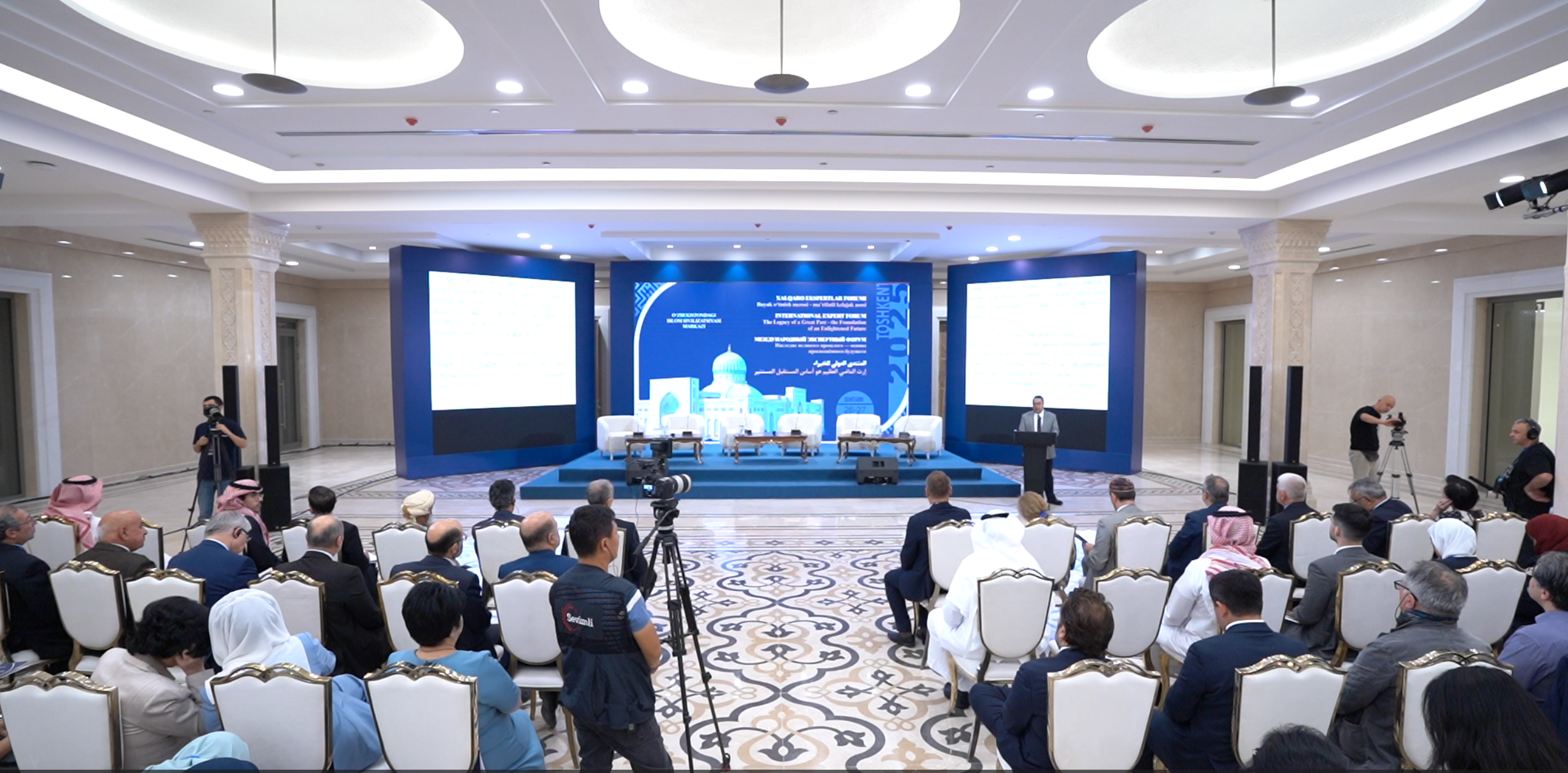Expedition News: Nearly 100 More Artifacts Selected for the Uzbek Megaproject

As part of the efforts to enrich and fill the exhibitions of the Center for Islamic Civilization in Uzbekistan, expeditions continue in the museums of Tashkent.
Members of the working group, formed by the Center, visited the State Literary Memorial House-Museum of Sergey Borodin.

The museum's management introduced the group members to exhibits stored in the museum's collection related to the life and works of Sergey Borodin, as well as documents reflecting his literary heritage.
"To select exhibits for inclusion in the Center's exhibitions, we have registered around 100 items. Among them are scientific and cultural relics, ancient manuscripts, unique works of art, copies of architectural monuments, and other materials of historical value. The archaeological section includes items from ancient times, such as clay pottery. Special attention is given to numismatic materials: coins, banknotes, and financial symbols from different periods. Ethnographic items are also represented—objects reflecting the life and customs of the Uzbek people, as well as national costumes. In total, the museum holds 28,710 exhibits, including 7,500 valuable coins and more than 10,000 books," said Senior Researcher of the Center, Alisher Egamov.
For reference: Sergey Borodin was a famous author of historical novels and a people's writer of Uzbekistan. He was born in Moscow in 1902, passed away in Tashkent in 1974, and was buried in the Chigatay Cemetery. Sergey Borodin had a keen interest in history and artifact collecting. In his house-museum, he kept his numismatic finds and valuable historical items. During the visit, the working group members also reviewed letters written by Sergey Borodin to writers, government officials, and other figures, gifts received from foreign countries, as well as ancient documents and manuscript samples stored in the museum's collection.
Most read

Over 100 experts from more than 20 countries of the world are in Tashkent!

President of Serbia Aleksandar Vučić visited the Islamic Civilization Center in Uzbekistan

The Center for Islamic Civilization – a global platform leading towards enlightenment











